The Federal Communications Commission (FCC) has unveiled a sweeping regulatory proposal to fortify national security by tightening control over the equipment authorization framework. The initiative aims to shield U.S. communications infrastructure from foreign threats by closely monitoring testing laboratories, certification bodies, and other entities involved in approving radio frequency devices.
Core Objectives
The proposal introduces strict restrictions on participation by organizations tied to adversarial countries, notably China, in critical certification and testing procedures. By doing so, the FCC seeks to reduce risks linked to espionage, sabotage, and supply chain vulnerabilities while reinforcing U.S. technological independence.
Who Will Be Affected?
The new framework will have implications for:
- Telecommunication Certification Bodies (TCBs) and testing labs under foreign jurisdiction.
- Accreditation bodies that evaluate device compliance.
- Telecom manufacturers and suppliers relying on these certification pathways.
- Operators and consumers, who depend on secure and trustworthy equipment.
Impact and Next Steps
This proposal signals a decisive regulatory pivot. Affected manufacturers and certification organizations must adjust operations to align with U.S. or allied-country standards. While the measures are intended to close security gaps, they also introduce new compliance challenges for industry players.
